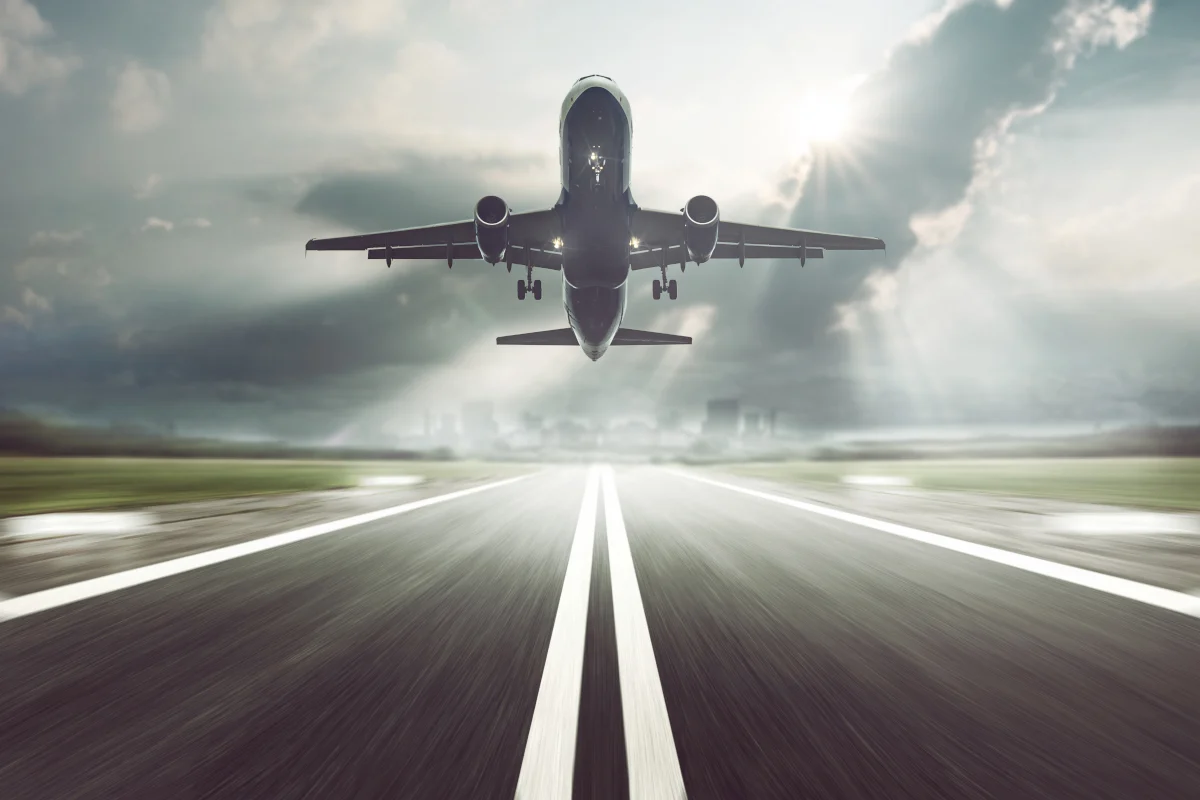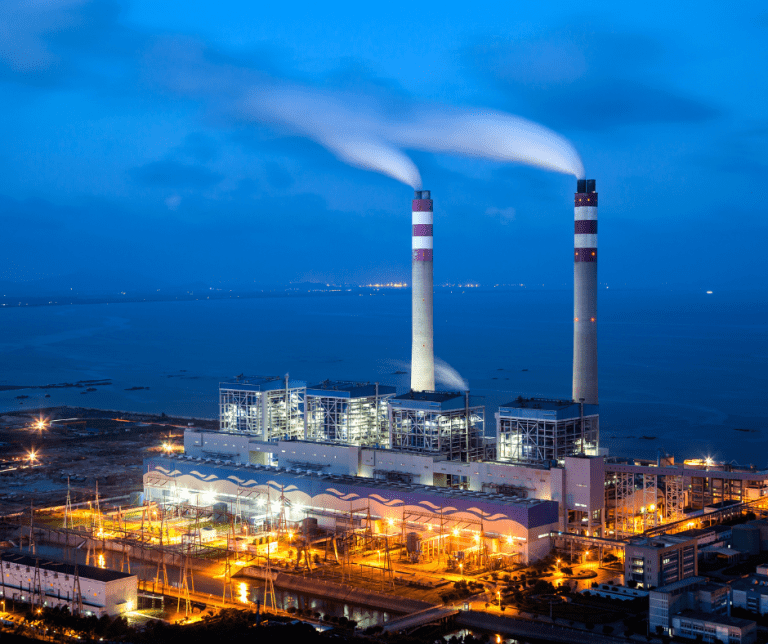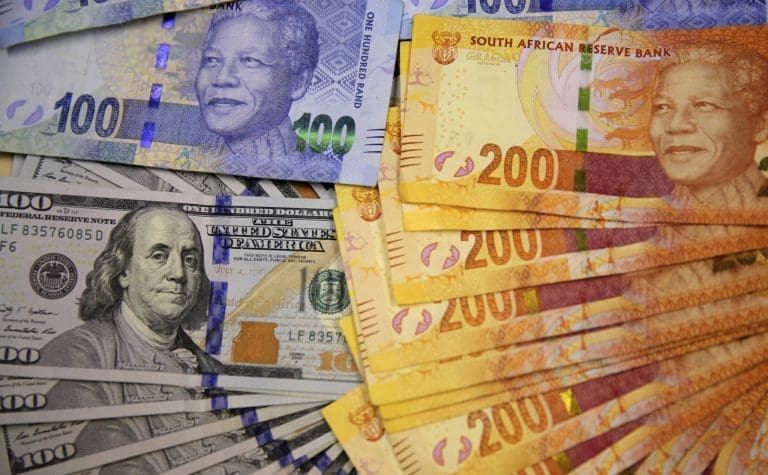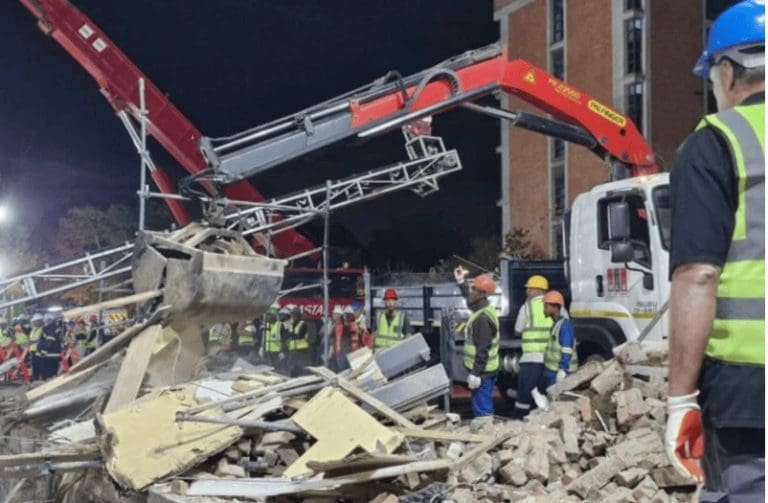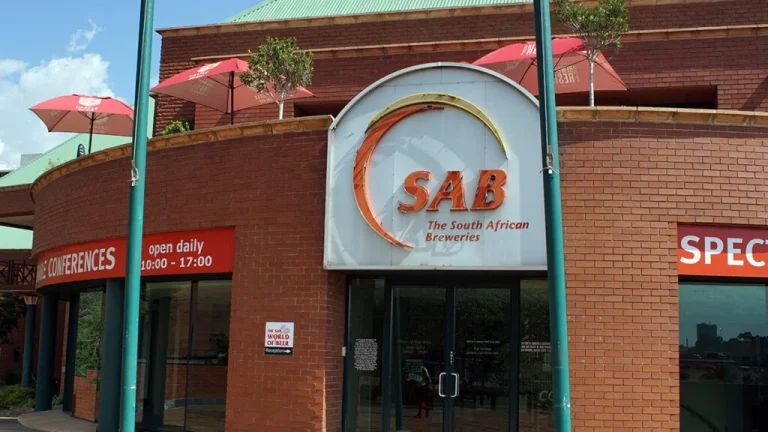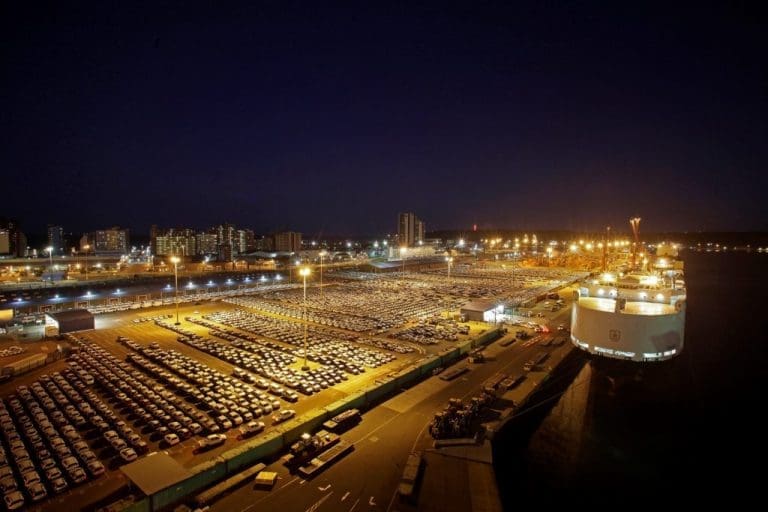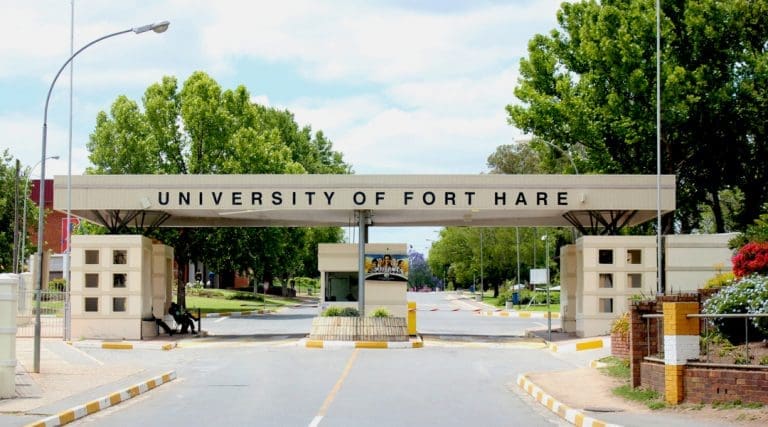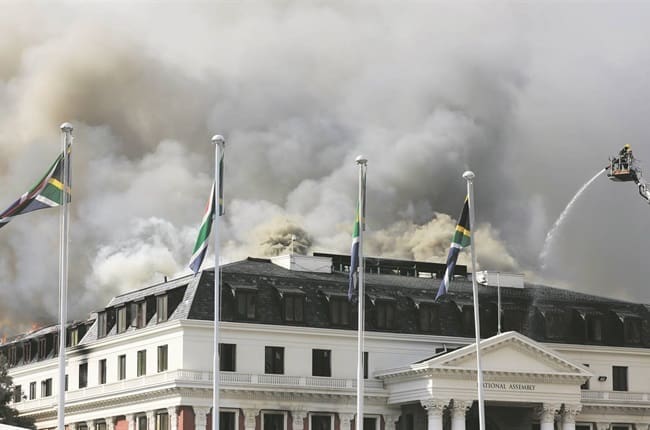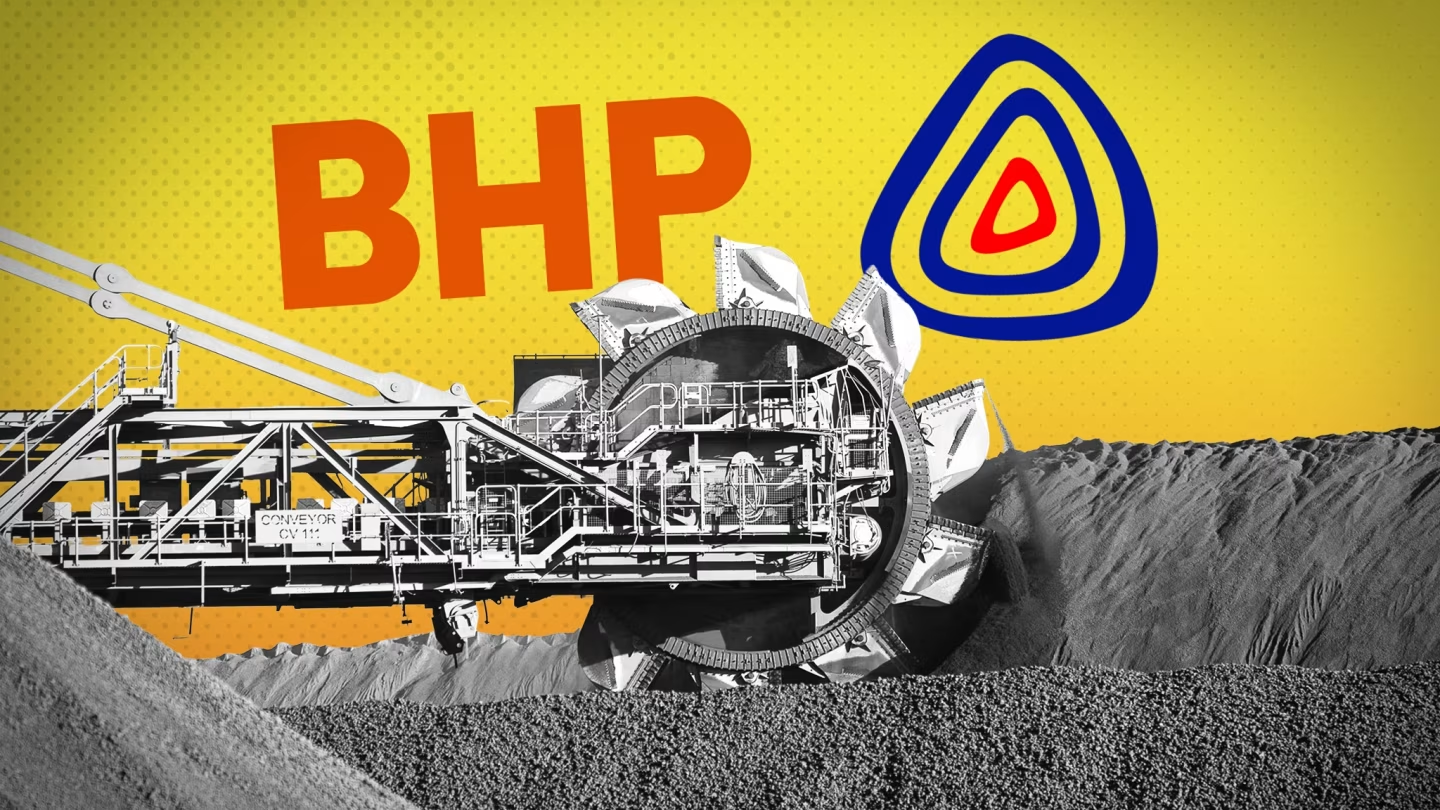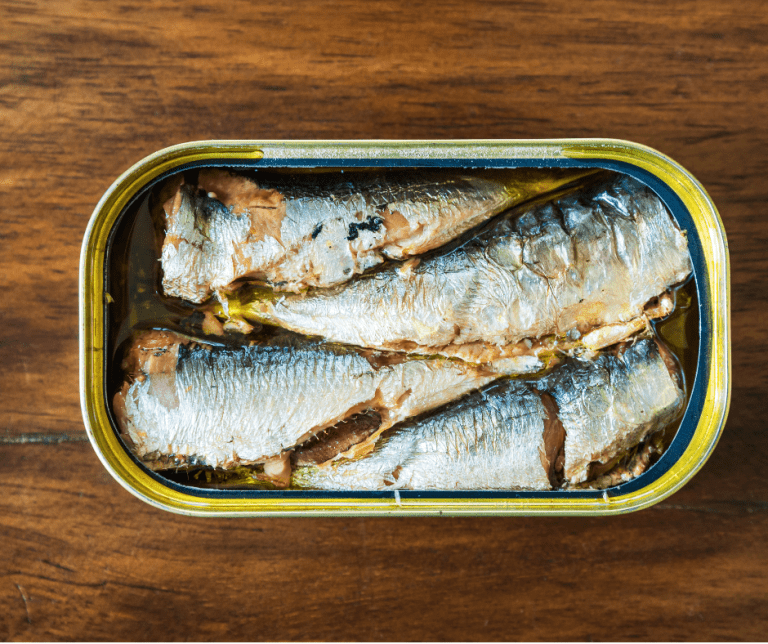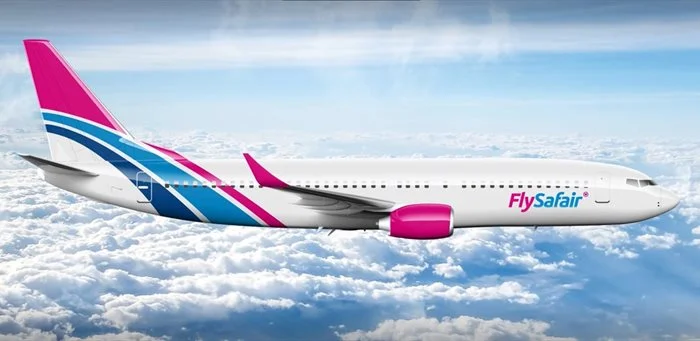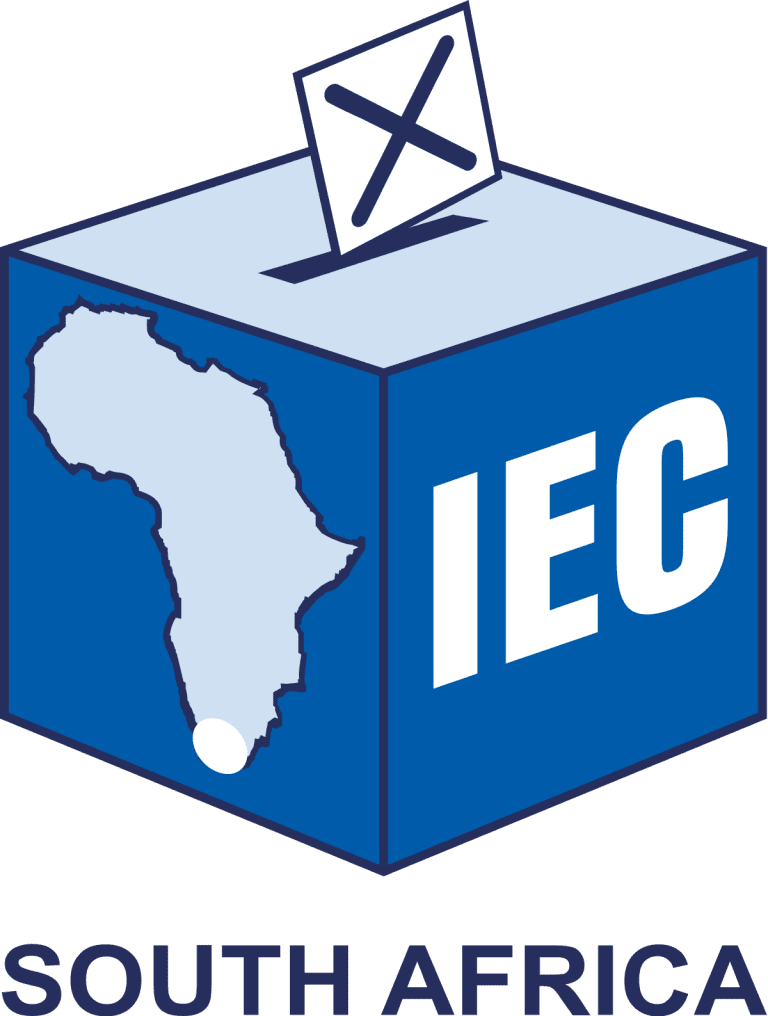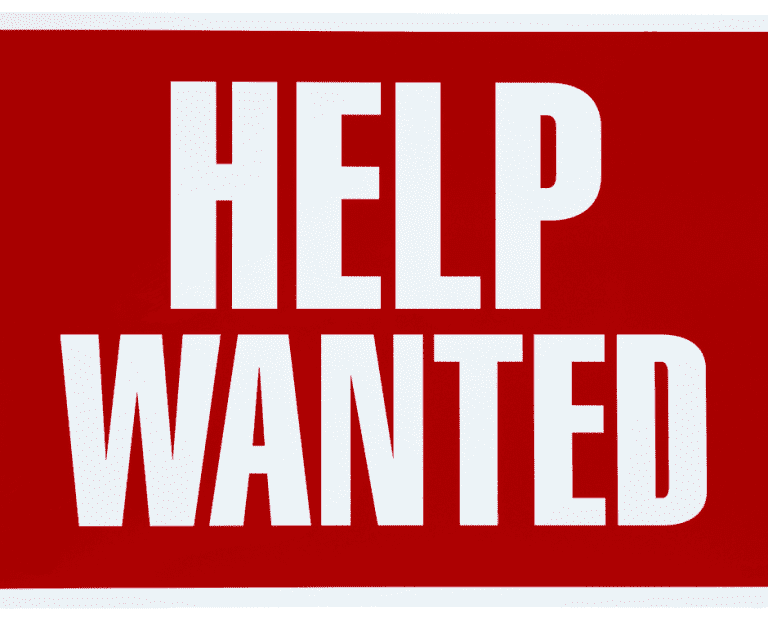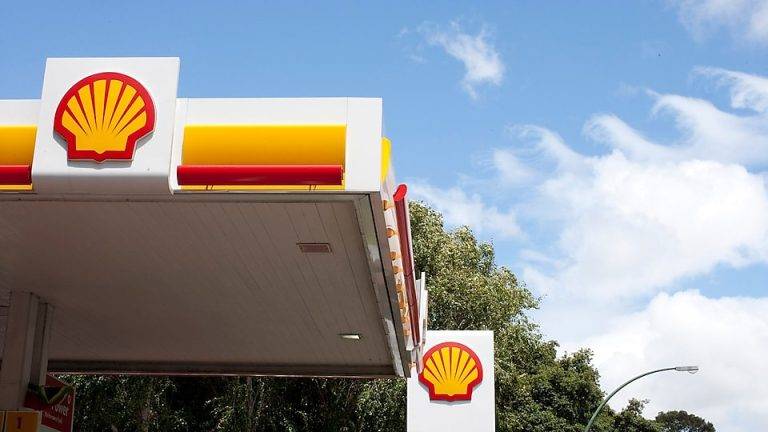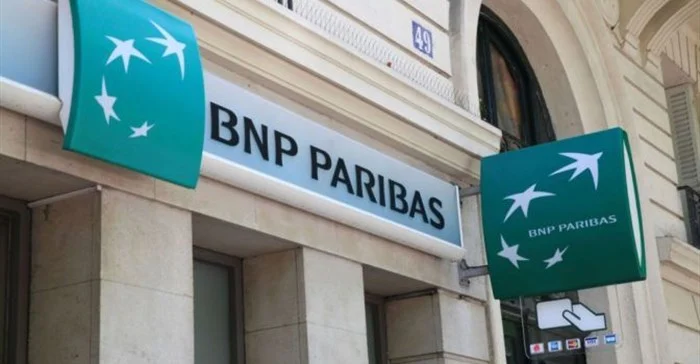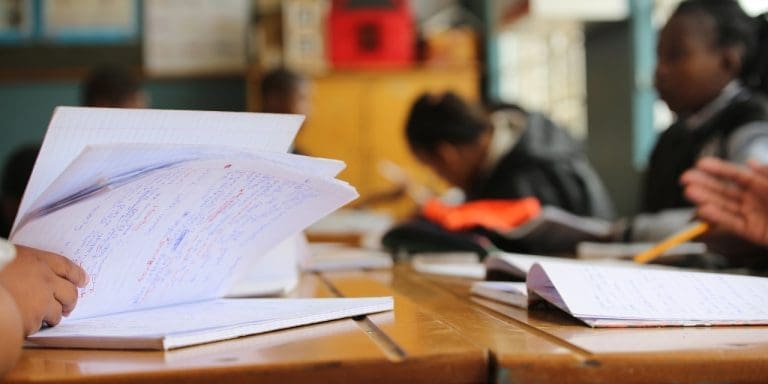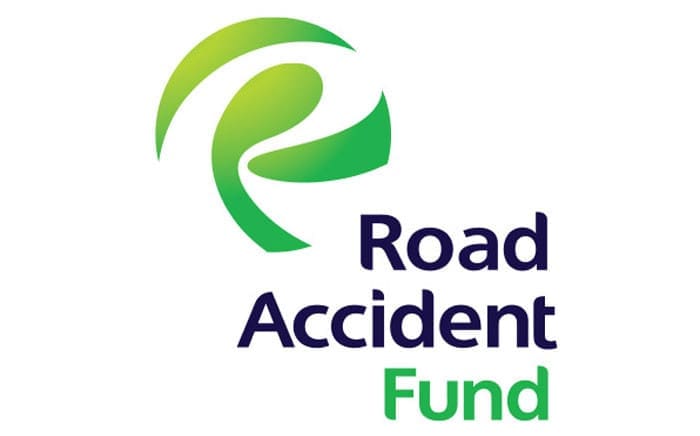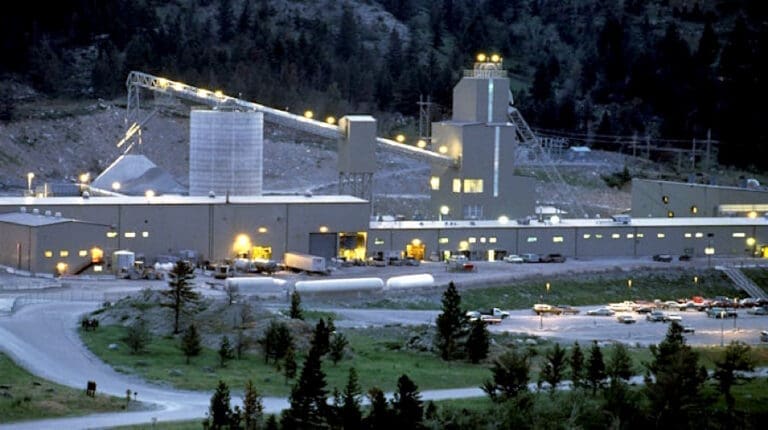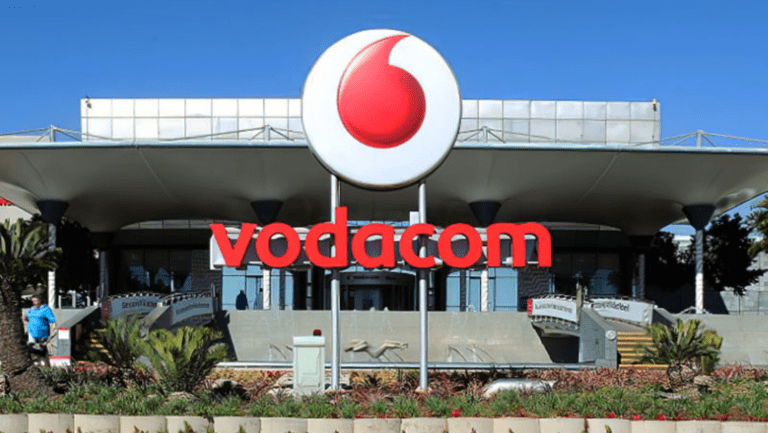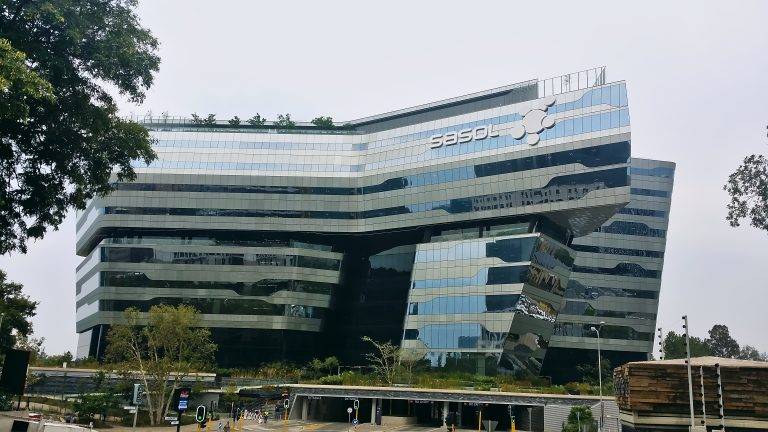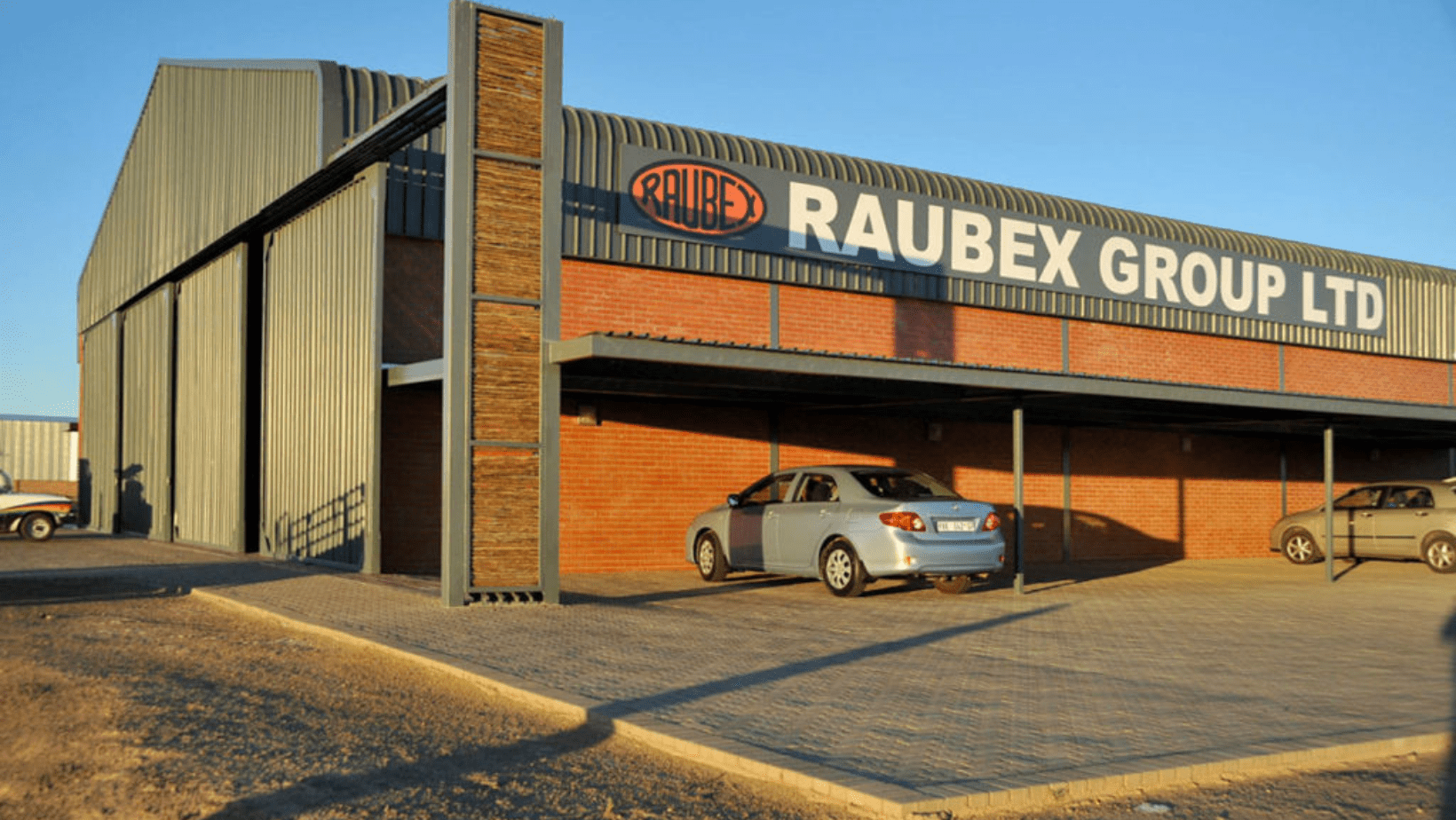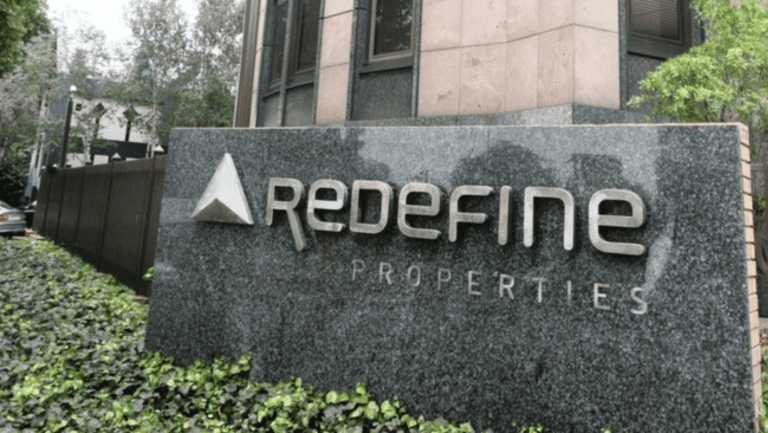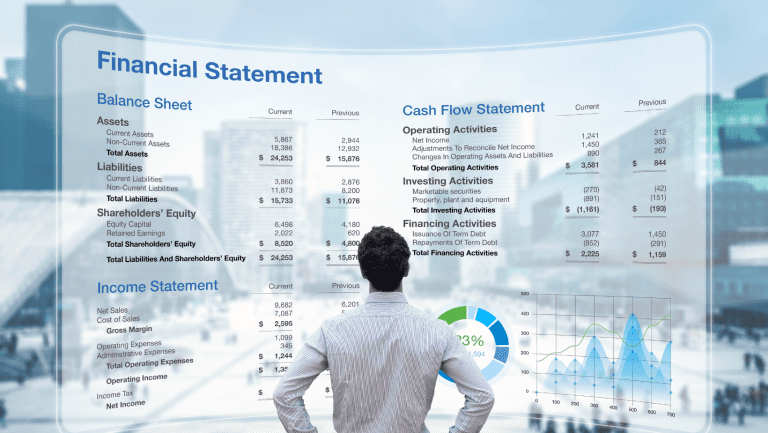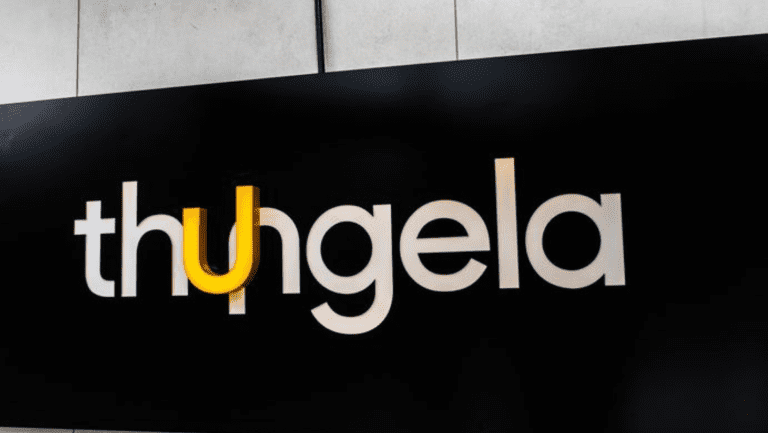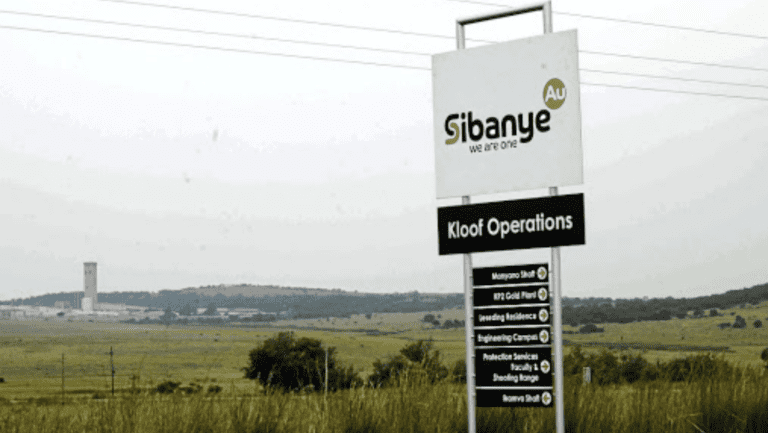The aviation sector in South Africa is confronting escalating cost challenges owing to a series of proposed fuel levy hikes and persistent inflationary trends. Over the last three years, flight ticket prices have risen in line with inflation rates. However, as of October 2023, these increases are stemming from an already elevated baseline, largely due to the exorbitant cost of fuel. Additionally, the newly proposed levy increment is anticipated to exert further strain on airlines operating within the country.
Recently, on Monday, November 27, the South African Civil Aviation Authority (SACAA) unveiled a proposal to amend the fuel levy determination schedule. The proposal entails a progressive increase in the fuel levy aligned with Consumer Price Index (CPI) determinations for three consecutive financial years, starting from April 1, 2024.
The forecasted rate for the proposed fuel levy tariff increase is detailed in the following table:
Year | CPI | Cents per litre 2023/24 | 4.8% | 21.83 2024/25 | 4.7% | 22.88 2025/26 | 4.6% | 23.91
These increments will compound upon an already elevated levy, which surged by 8.5% in May 2023, subsequent to approval from the Minister of Transport in alignment with the Minister of Finance.
Notably, this increment exclusively applies to General Aviation (GA), encompassing entities such as flying schools, corporate business aircraft, private aircraft, and those used for agricultural and logistical purposes.
However, while the levy hike directly excludes airlines, FlySafair highlighted to BusinessTech the anticipated indirect cost pressure on the industry due to this escalation.
FlySafair emphasized, “Although scheduled passenger flights are exempt from the SACAA fuel levy and pay SACAA passenger fees, the rise in fuel levy will indubitably impact our suppliers’ logistical expenses.”
The airline articulated concerns regarding the potential ripple effect on suppliers’ costs, which could compound additional financial strain across the aviation sector and beyond. It underscored that this repercussion won’t be confined solely to aviation but will extend its impact across various industries, contingent upon their operational dependencies.
FlySafair underscored the profound influence of soaring jet fuel prices, fluctuations in the rand-dollar exchange rate, and the scarcity of adept maintenance personnel in the country on ticket pricing.
The airline highlighted a staggering 223% increase in jet fuel costs from October 2020 to October 2023, surpassing general inflation rates significantly. Despite this surge, the comparative analysis of ticket pricing from October 2020 to October 2023 indicates only a 16% increase.
Kirby Gordon, Chief Marketing Officer at FlySafair, emphasized that the airline’s vulnerability to oil prices and maintenance costs is intrinsically linked to the rand’s strength.
Gordon elucidated that a weakened rand against the dollar substantially amplifies operational expenses, given that aircraft and maintenance parts are predominantly purchased in dollars. He further expounded on the challenges in sourcing skilled maintenance personnel and facilities locally, owing to the aftermath of the pandemic, necessitating overseas recruitment at inflated costs during periods of rand depreciation.
This scenario extends to fuel expenses, with crude oil trade occurring in dollars, rendering crude oil prices and rand-dollar fluctuations as pivotal risk factors for the airline industry.
The proposed fuel levy hike, compounded by prevailing inflationary trends and the escalating costs of jet fuel, currency fluctuations, and maintenance shortages, collectively paint a challenging landscape for South Africa’s aviation industry. The interplay of these factors could potentially exert extensive financial strain on airlines, suppliers, and related sectors, signifying a pressing concern for the country’s economic ecosystem.


